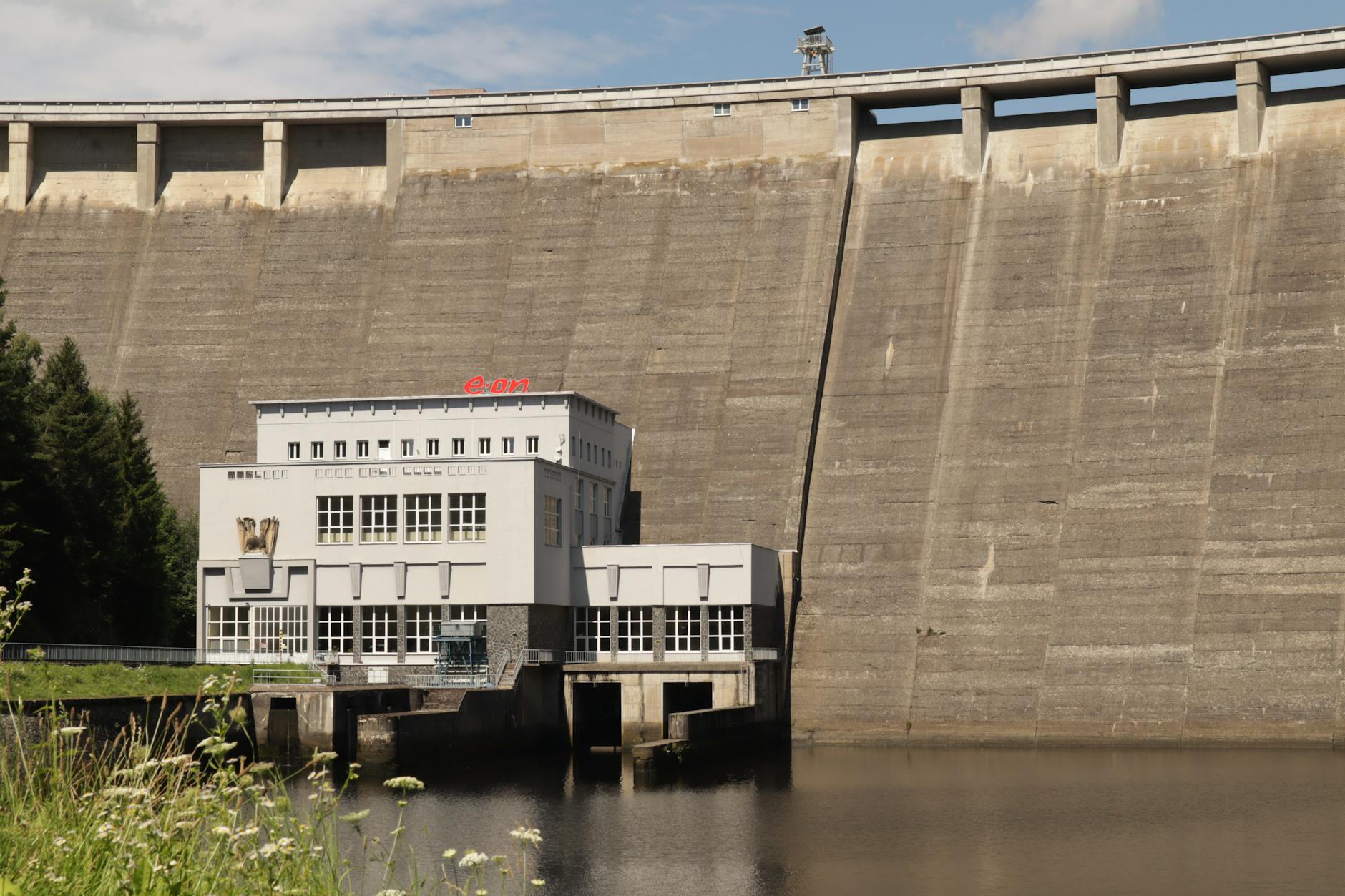Unlocking Energy Efficiency: Must-Have Machine Learning Solutions
In today’s fast-paced society, the push for energy efficiency has become more critical than ever. As industries and businesses strive to reduce their carbon footprint and operating costs, the integration of machine learning solutions has emerged as a game-changer. By utilizing advanced algorithms and data analytics, companies can optimize their energy consumption, enhance sustainability initiatives, and boost overall operational efficiency. This article delves into the significance of energy efficiency in the modern landscape and explores the must-have machine learning solutions that are revolutionizing the way organizations approach sustainability.
The Importance of Energy Efficiency
At the forefront of sustainable practices lies energy efficiency – the concept of achieving more with less. By maximizing the output from the same input of energy, businesses can minimize waste, lower greenhouse gas emissions, and cut down on utility expenses. Energy efficiency is not only beneficial for the environment but also yields significant financial savings over the long term. With the increasing focus on corporate social responsibility and environmental stewardship, companies are under mounting pressure to adopt greener practices and reduce their energy consumption. This is where machine learning solutions come into play, offering a powerful tool to drive energy efficiency initiatives to new heights.
Machine Learning for Energy Optimization
Machine learning, a subset of artificial intelligence, enables systems to learn from data, identify patterns, and make informed decisions without explicit programming. When applied to energy management, machine learning algorithms can analyze vast amounts of operational data to identify inefficiencies, predict energy usage patterns, and recommend optimization strategies. One of the key benefits of machine learning solutions is their ability to adapt and improve over time, continuously refining energy-saving techniques based on real-time data and feedback.
Predictive Maintenance
Predictive maintenance is a proactive approach to equipment upkeep that leverages machine learning to forecast when machinery is likely to fail. By monitoring key performance indicators and historical data, predictive maintenance algorithms can detect anomalies and issue alerts before a breakdown occurs. This not only reduces downtime and maintenance costs but also enhances energy efficiency by ensuring that equipment operates at peak performance levels. By predicting potential failures in advance, businesses can prevent energy waste resulting from inefficient or faulty machinery.
Demand Response Optimization
Demand response optimization is another area where machine learning solutions excel in enhancing energy efficiency. By analyzing historical consumption patterns, weather forecasts, and market conditions, machine learning algorithms can predict peak demand periods and automatically adjust energy usage to avoid costly spikes in utility rates. Demand response optimization enables businesses to participate in energy-saving programs, such as load shifting and demand-side management, to reduce overall electricity consumption and lower operating expenses.
Smart Building Automation
Smart building automation systems integrate machine learning algorithms with Internet of Things (IoT) devices to optimize energy usage in commercial and residential buildings. These systems can adjust heating, ventilation, lighting, and other building systems based on occupancy levels, environmental conditions, and energy demand. By learning from occupant behavior and environmental data, smart building automation solutions can fine-tune energy settings to ensure maximum comfort and efficiency while minimizing waste. This intelligent approach to building management not only reduces energy costs but also enhances occupant comfort and productivity.
Conclusion
In conclusion, energy efficiency is a cornerstone of sustainable business practices, and machine learning solutions offer a myriad of opportunities to optimize energy consumption, reduce costs, and minimize environmental impact. By leveraging predictive maintenance, demand response optimization, smart building automation, and other machine learning technologies, organizations can achieve significant gains in energy efficiency while staying competitive in a rapidly evolving business landscape. As industries continue to prioritize sustainability and resource conservation, the integration of machine learning solutions will be essential in driving the energy efficiency revolution forward.


